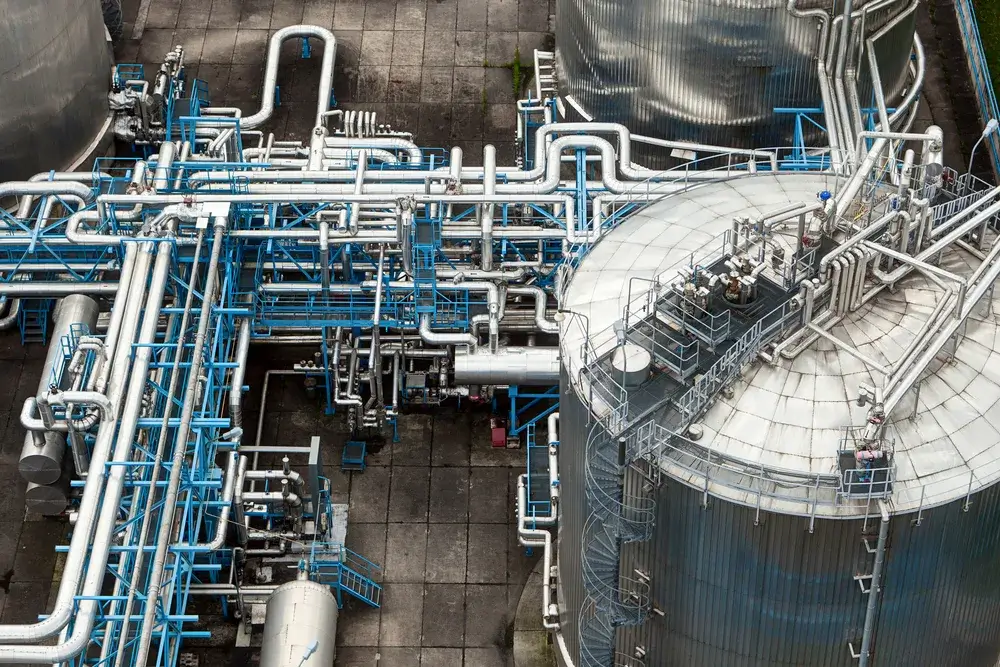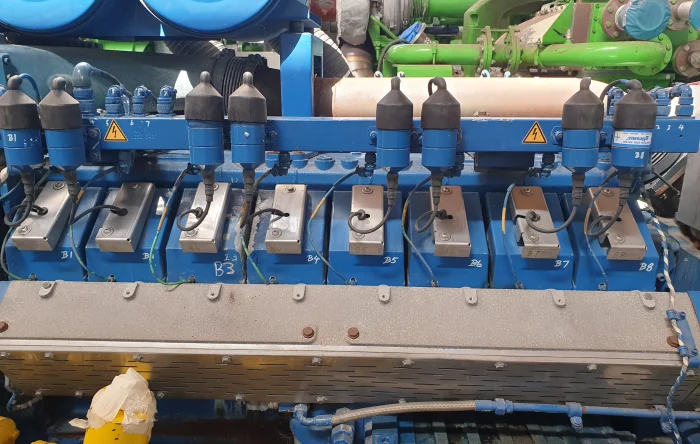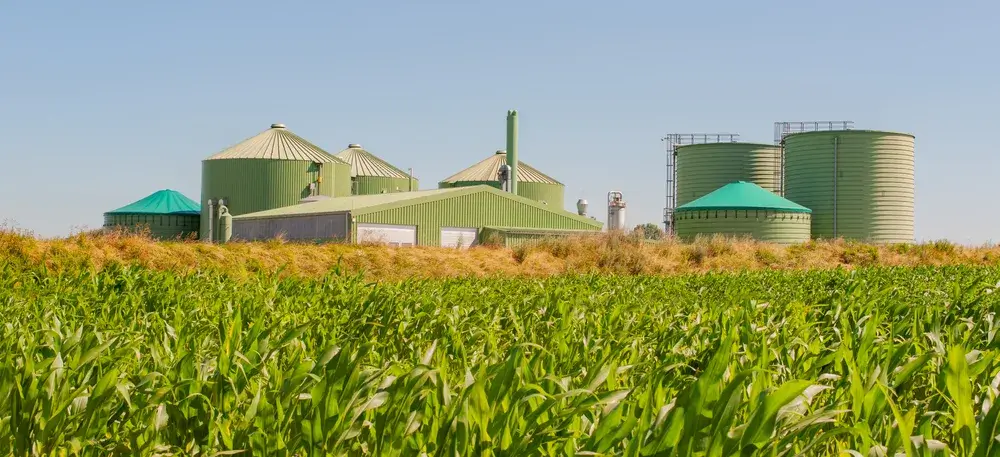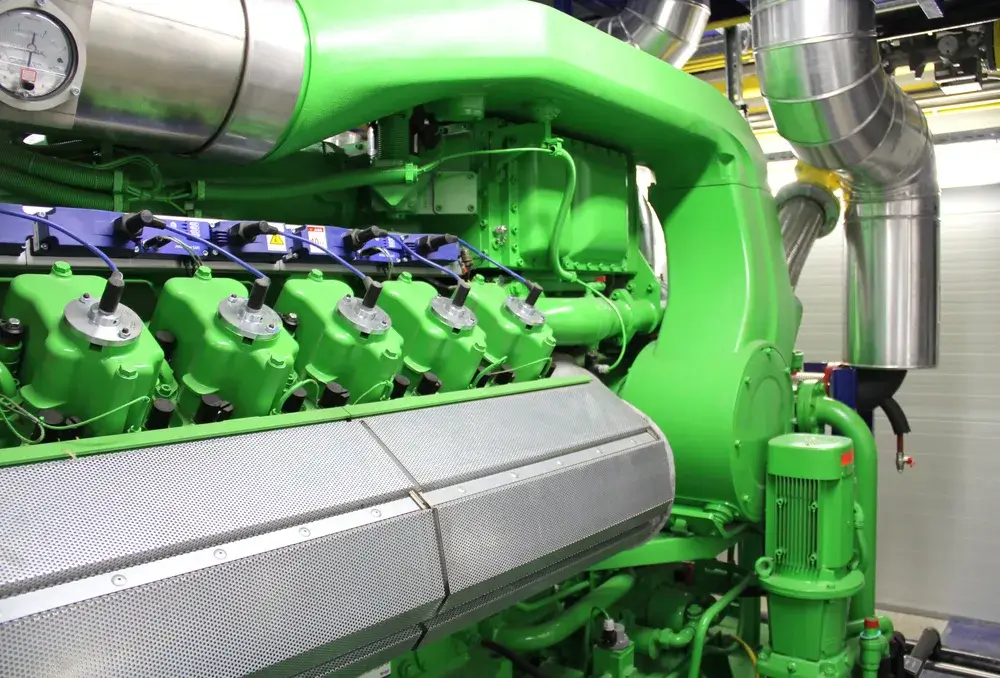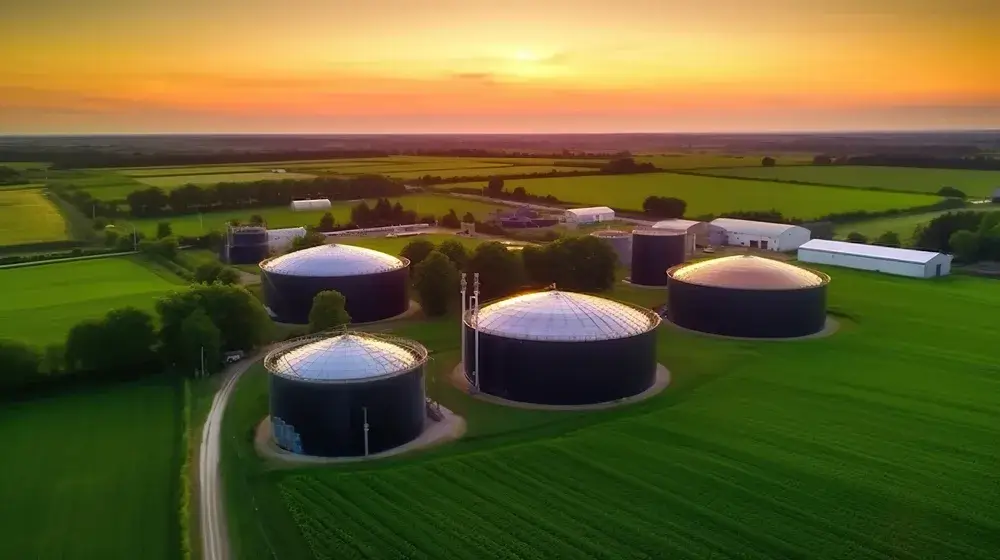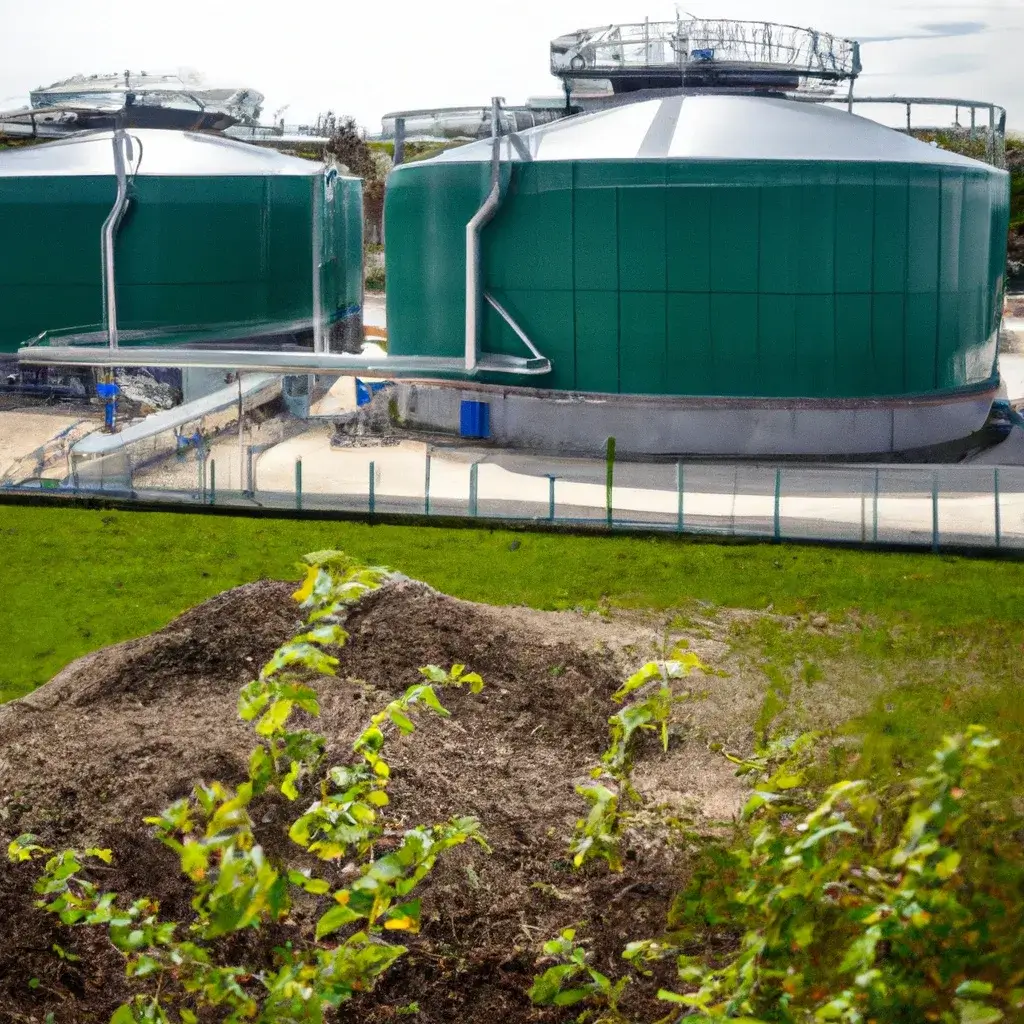What is IPP Energy?

Independent Power Producer (IPP) energy is a crucial component of the modern energy landscape, providing a significant share of the world’s electricity.
Unlike traditional utility companies, IPPs operate independently, often investing heavily in renewable energy sources and innovative power generation technologies. This independence allows IPPs to be more flexible and responsive to market demands, driving competition and efficiency within the energy sector.
This article explores what IPP energy is, its various types, advantages, challenges, and the future trends shaping this dynamic sector.
What is an Independent Power Producer (IPP)?
An Independent Power Producer (IPP) is a private entity that generates electricity for sale to utilities and end users. Unlike traditional utility companies, which may own the entire supply chain from generation to distribution, IPPs focus solely on the production of power.
They operate independently of national utilities and often leverage a variety of energy sources, including natural gas, farming biogas, coal, wind, solar, and hydroelectric power. IPPs are critical players in the energy market, providing flexibility, driving competition, and fostering innovation. Their role has grown significantly as the demand for electricity increases and the push for renewable energy sources intensifies.
What is an Independent Power Producer (IPP)?
What is an IPP? In this article, you will find the answer.
Types of IPP energy projects
Independent Power Producers (IPPs) engage in a variety of energy projects, ranging from renewable energy initiatives to fossil fuel-based power generation. These projects are crucial in diversifying the energy mix and ensuring a stable supply of electricity.
Renewable energy projects
Renewable energy projects are a cornerstone of IPP activities, focusing on harnessing natural resources like wind, solar, biogas, and hydro power to generate electricity.
These projects significantly reduce greenhouse gas emissions and reliance on fossil fuels, contributing to global efforts to combat climate change. IPPs play a vital role in expanding the reach of renewable energy by investing in large-scale wind farms, solar parks, biogas plants and hydroelectric plants.
Fossil fuel-based projects
Fossil fuel-based projects are another significant area of focus for Independent Power Producers (IPPs). These projects involve the generation of electricity from traditional energy sources such as coal, natural gas, and oil. Natural gas power plants, for instance, are popular among IPPs due to their higher efficiency and lower emissions compared to coal-fired plants. These plants use combined cycle technology to maximize energy output by utilizing both gas and steam turbines.
Advantages of IPP energy
Independent Power Producers (IPPs) offer numerous benefits that enhance the overall efficiency, sustainability, and reliability of the energy sector. Here are some key advantages:
Increased Competition: IPPs introduce competition into the energy market, potentially lowering electricity prices and improving service quality for consumers.
Enhanced Efficiency: Competition drives IPPs to adopt the latest technologies and best practices, leading to greater efficiency in power generation.
Focus on Renewables: Many IPPs prioritize renewable energy projects, which helps reduce greenhouse gas emissions and promotes sustainability.
Flexibility: IPPs can quickly respond to changes in energy demand and integrate new technologies more swiftly than traditional utility companies.
Support for Energy Transition: The adaptability of IPPs is crucial for advancing global energy goals and supporting the transition towards a more sustainable and resilient energy system.
Challenges faced by IPPs
While Independent Power Producers (IPPs) contribute significantly to the energy sector, they also encounter various challenges that can impact their operations and growth. Here are some key challenges:
Regulatory and Policy Hurdles: Navigating complex regulatory frameworks and adapting to changing government policies can be challenging for IPPs, often leading to compliance costs and operational delays.
Financial Risks: Securing funding for large-scale energy projects can be difficult, and IPPs often face high capital costs and investment risks.
Market Competition: Intense competition in the energy market can pressure IPPs to continuously innovate and improve efficiency, which can be resource-intensive.
Leading global IPPs
Independent Power Producers (IPPs) are crucial in the global energy market, driving innovation and efficiency. NextEra Energy Inc. from the United States is the largest power producer by market capitalization, leading in renewable energy investments.
Siemens Energy AG in Germany is a significant global player, focusing on reducing greenhouse gas emissions and improving energy efficiency. Spain’s Iberdrola SA has heavily invested in wind and solar power, positioning itself as a leader in green energy.
Vistra Corp. from the United States boasts a diverse energy portfolio, including natural gas, nuclear, and renewables and Saudi Arabia’s Acwa Power specializes in renewable energy projects across the Middle East and Africa, contributing to regional sustainability goals.
The future of IPP energy
The future of Independent Power Producer (IPP) energy is poised for significant growth and transformation, driven by technological advancements and the global shift towards sustainable energy.
As renewable energy sources like wind, solar, biogas and hydro become increasingly cost-competitive, IPPs are expected to play a crucial role in the transition to a low-carbon economy. Innovations in energy storage, grid management, and smart technologies will further enhance the efficiency and reliability of IPP operations.
Additionally, supportive government policies and international agreements aimed at reducing greenhouse gas emissions will bolster the development and adoption of renewable energy projects by IPPs. As the demand for clean energy continues to rise, IPPs will be at the forefront of integrating advanced technologies and scalable solutions to meet the world’s energy needs sustainably and resiliently.
PowerUP’s services and spare parts for IPPs
Offering gas engine services such as condition-based overhauls, gas engine repair and upgrades, PowerUP ensures that engines operate at peak performance, enhancing their reliability and longevity. We provide customized gas engine spare parts, such as cylinder heads, pistons, and spark plugs, all designed to meet or exceed OEM standards.
By minimizing downtime and maintenance costs, PowerUP helps IPPs maintain efficient and continuous operations. This support is crucial as IPPs integrate more renewable energy sources and innovative technologies, ensuring that their power generation assets remain robust and effective in the evolving energy landscape.

